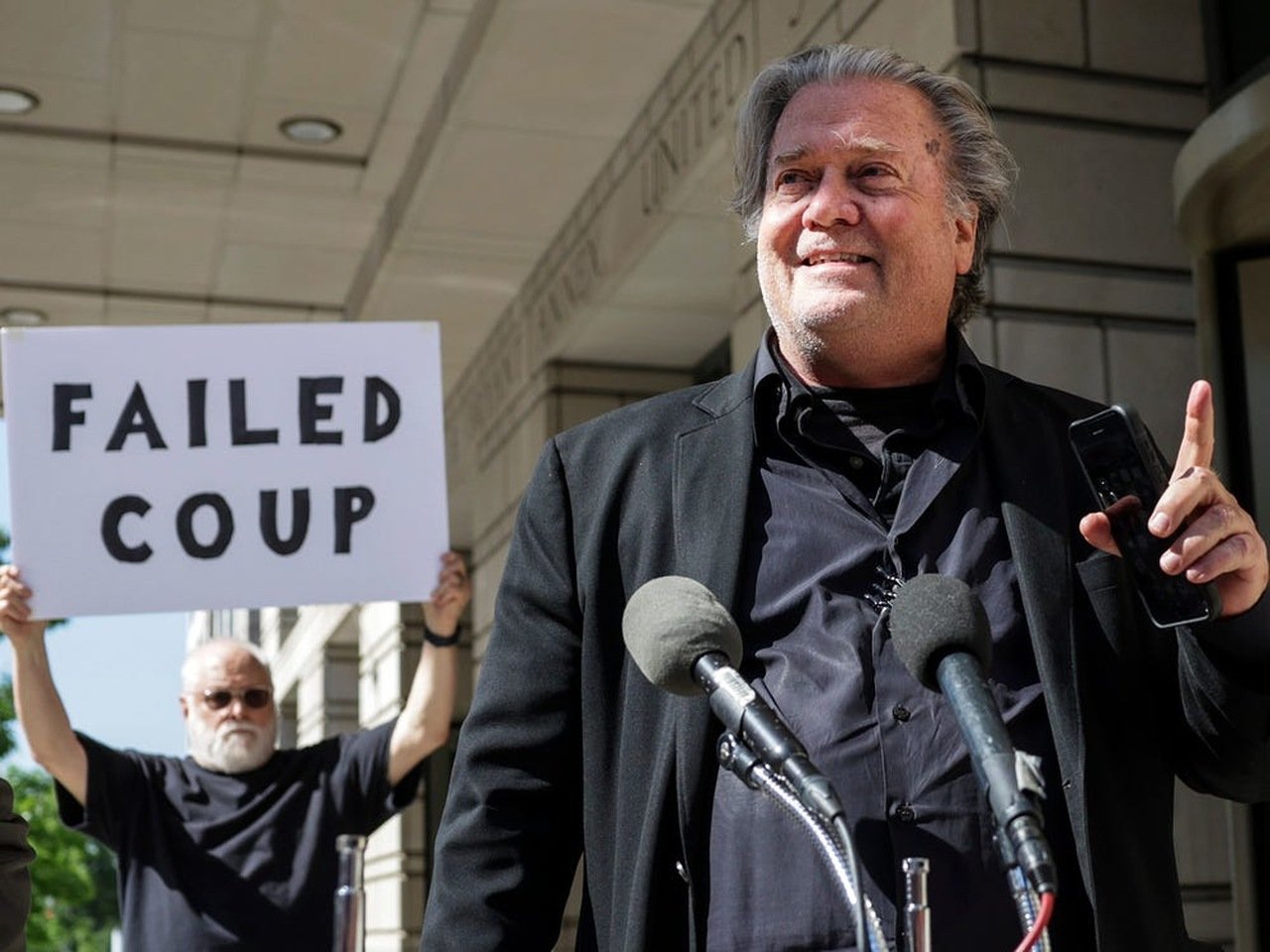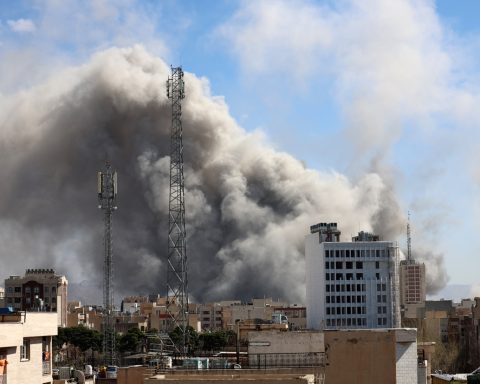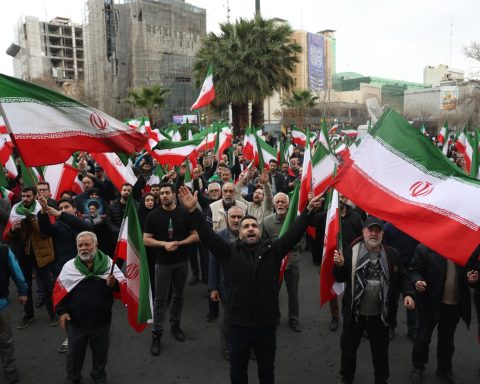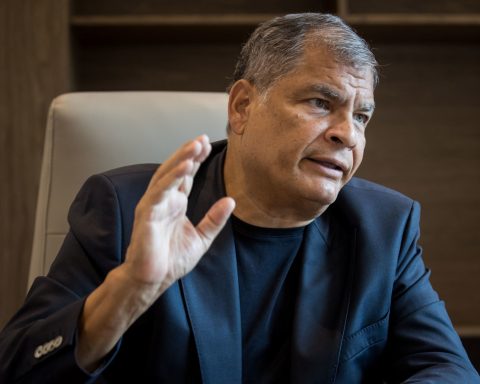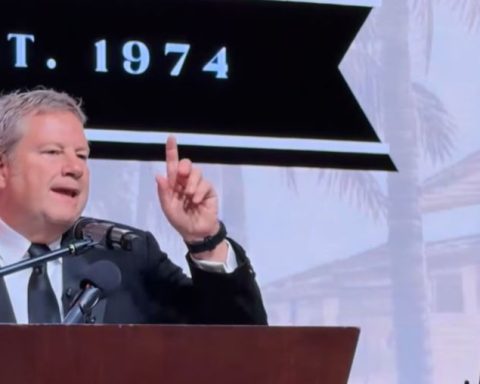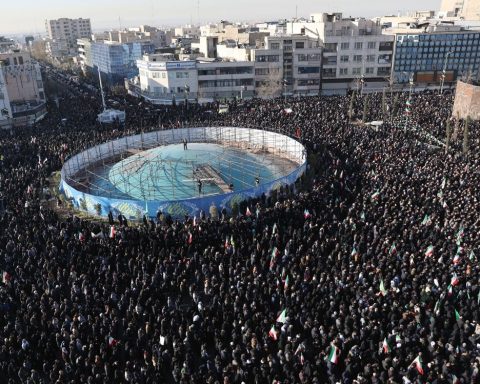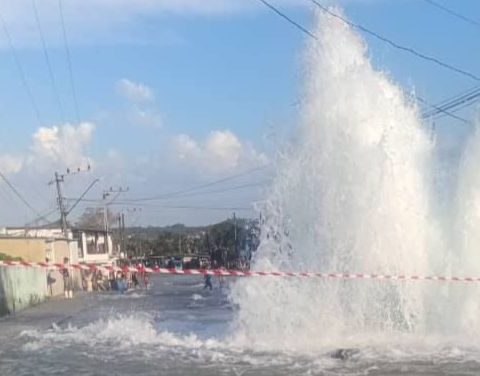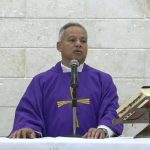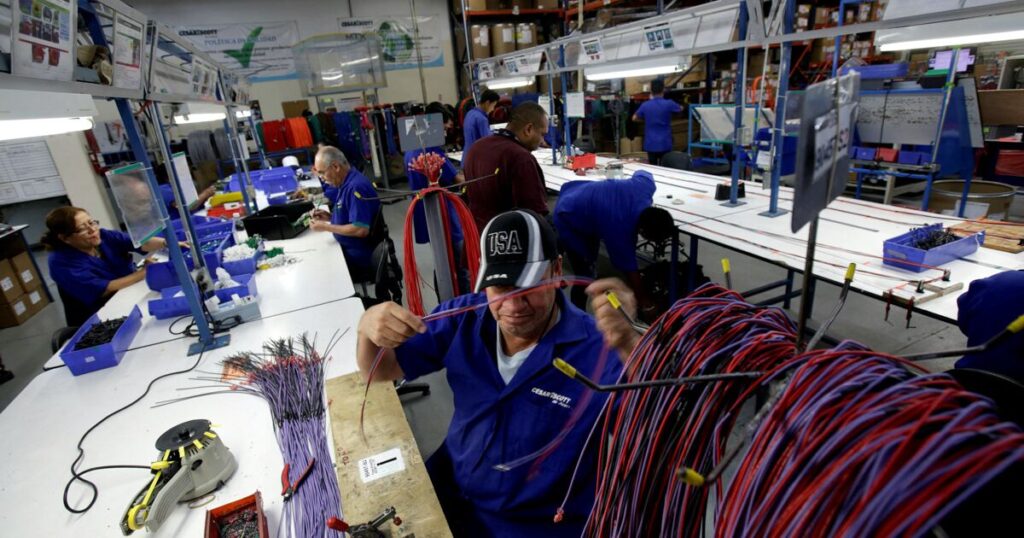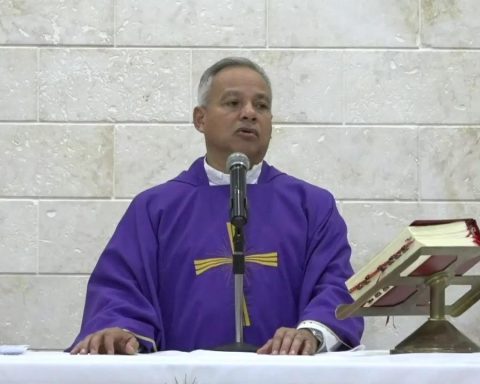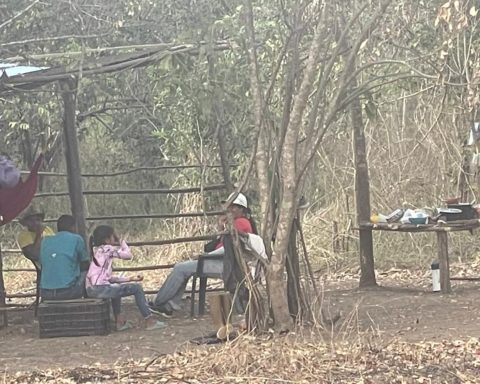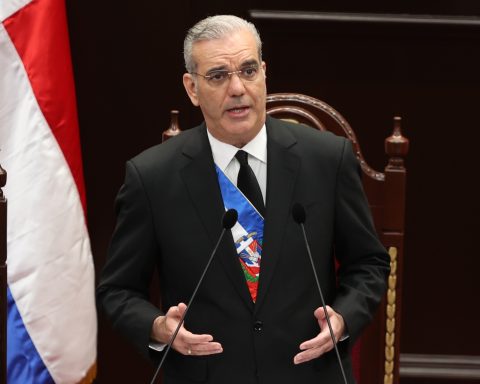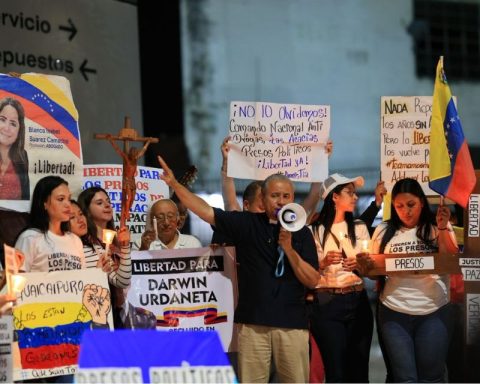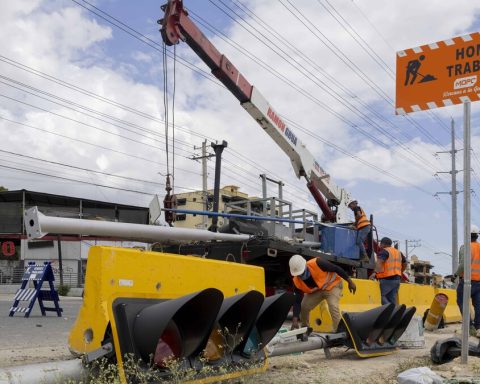Former campaign manager donald trumpcontroversial far-right activist Steve Bannon is about to be figuratively cremated by the US justice system.
This Monday began the selection of the jury in Washington DC, which will air the contempt charges against Bannon, for refusing to appear before the House of Representatives committee investigating the assault on the Capitol on January 6, 2021.
Bannon was charged in November with two counts of contempt of Congress, a month after the Justice Department received a referral from the legislature. Each charge carries a minimum of 30 days in jail and up to a year behind bars.
By early afternoon, eight jurors had sat down in a slow session known as I will say, the stage in which the tests that are integrated into the process are exposed. In the early hours, much of the questioning of potential jurors by Bannon’s attorney, Evan Corcoran, focused on how many Jan. 6 hearings they watched and whether they have opinions about the committee and its work.
In one case, a prospective juror flatly told U.S. District Judge Carl Nichols that remaining impartial would be “a challenge” for him, since “I think (Bannon) is guilty.”
This admission, in addition to disqualifying the potential juror, prompted questioning from others who had sat next to the man to determine if they shared his opinion.
More than a week ago, Bannon notified the committee that he is now willing to testify. His former attorney, Robert Costello, said the change was because Trump had given up his executive privilege to prevent testimony.
Bannon, 68, was one of Trump’s most prominent allies in refusing to testify before the committee. He argued that his testimony was protected by Trump’s executive privilege, which allows presidents to withhold sensitive information from the courts and the executive branch.
Trump has repeatedly reasserted that executive privilege, even though he is a former president, to try to block witness testimony and the release of White House documents.
In January, the Supreme Court ruled against the former president’s efforts to bar the National Archives from cooperating with the committee, after a trial judge, Ketanji Brown Jackson, now on the Supreme Court, noted, in part, that “Presidents are not kings.”
The committee also noted that Trump fired Bannon from the White House in 2017, and therefore Bannon was a private citizen when he was interacting with the president in the run-up to the riots.
Judge Nichols denied motions to delay the contempt trial in separate hearings last week, including last Thursday, when Bannon’s attorneys raised concerns about a report of CNN that has since been issued about their client and what they referred to as damaging comments made during a House hearing last week.
“I am aware of the current concerns about publicity and bias and whether we can put together a jury that is proper and fair, but as I said before, I think the proper course is to go through the process of I will say,” Nichols said Thursday. The judge stated that he intended to get a jury that was “proper, fair and impartial.”
While the magistrate allowed the trial to proceed, he left open the possibility that the letters about Trump’s waiver of his privilege and Bannon’s offer to cooperate with the committee could be referenced at trial, saying the information was “at less potentially relevant” to Bannon’s defense.
Roscoe Howard Jr., a former federal prosecutor in Washington, told the agency AP that the best thing for Bannon is if his willingness to cooperate with justice is fully explained to the jury. But even if he does, the claim that executive privilege prevented him from cooperating sooner will be a difficult argument to defend because Bannon refused to respond to the subpoena, Howard said.
“You have to show up to invoke the claim of privilege. You can’t call on the phone, ”she specified.
